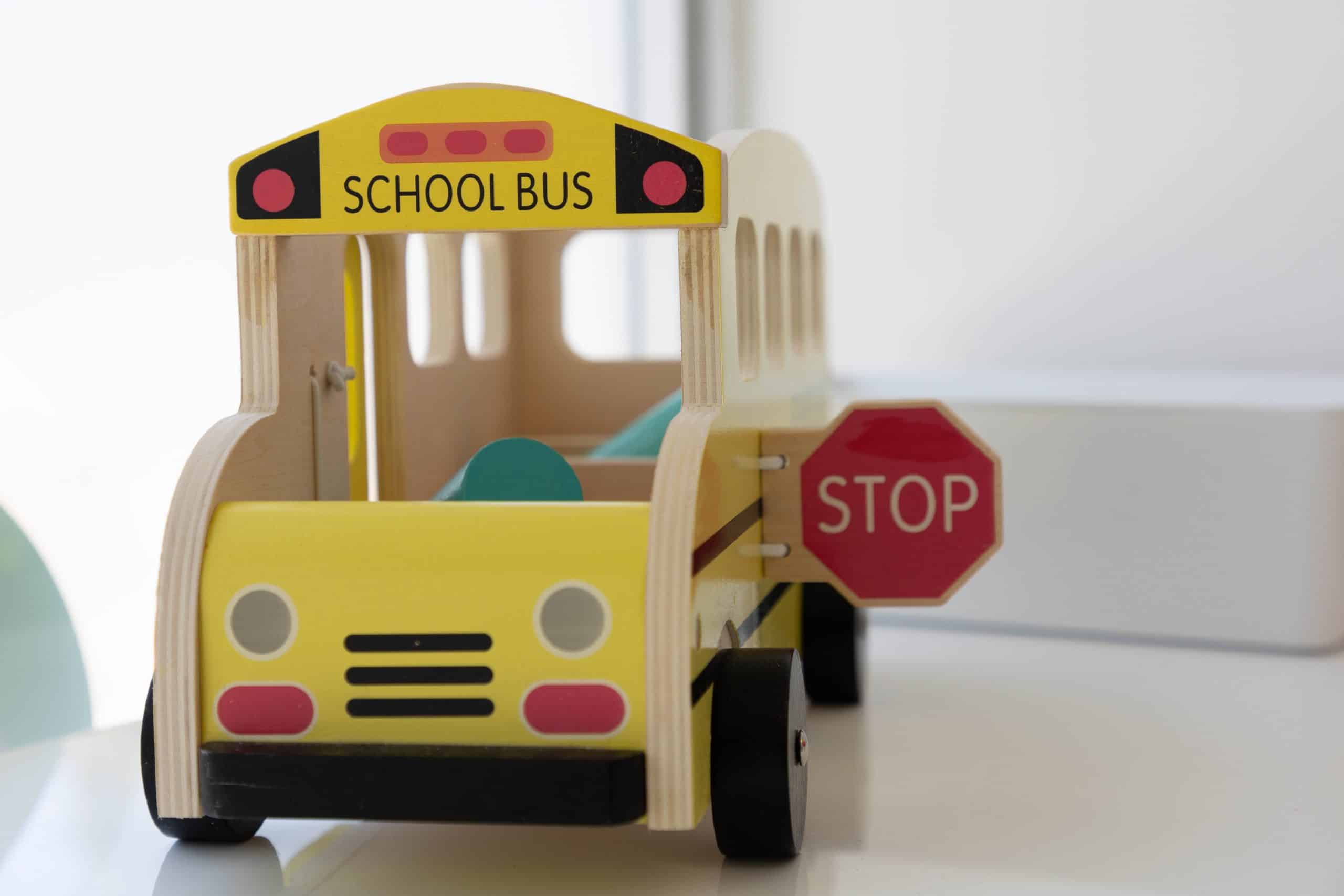Play-based therapy most often starts with an assessment. During this assessment, the speech therapist will often observe and interact with the child during play. While it may not seem as though the speech therapist is directly assessing anything, there are many skills they are observing and looking at, including:
- Pre-linguistic skills (such as turn-taking, imitation or gesture);
- Receptive language (such as following instructions or responding to their name)
- Expressive language (such as using a wide vocabulary or combining words);
- Social communication (such as turn taking in conversation); and
- Range and clarity of speech sounds.
For many children, play-based assessment allows for a natural environment where they are not feeling ‘tested’ or pressured to say anything. This often provides a more accurate reflection of the child’s communication skills than a more formal or standardised test, as it takes away any pressure to perform, and demonstrates the child’s functional skills. This also allows the speech therapist to see what the child’s area of strengths and areas requiring support are. It also allows the speech therapist to determine functional goals for speech therapy. Functional goals are goals that are most likely to have an impact on the child’s everyday life. For example, being able to request using ‘more’ during play is more functional for a child than being able to label the colours off a flash card.
Play-based therapy is most commonly seen in early intervention (children who are pre-school aged) but can be used with older children as well, either by itself or in addition to other therapy approaches. Often to the outside observer, play-based therapy looks exactly like that: play. However, there are many benefits to play-based therapy. These include:
- Creating child-led therapy. Child-led therapy is therapy directed by the child’s interests and motivations. This means the child is engaged and is likely to find the activity interesting, and will actively participate in the activity.
- Language is functional. The words we use in play are words that children are likely to use in everyday situations. That means the language being targeted is functional and will help the child have their needs and wants met outside of the therapy room.
- Language is motivating. Incorporating play into therapy means the words and sounds that are going to be used will likely be interesting and motivating for the child. The more motivating an activity and word is, the more likely it is the child will use it.
- Skills are easy to transfer. As play-based therapy often reflects what a natural play environment might look like for the child, it is much easier for them to take the words and skills learnt in play and begin using those skills at home, day care, or any other place where play is involved.
- Home practice is functional. Any strategies targeted in the session or discussed with the parent is easy to transfer to a home environment and use with the child. Most children already have play incorporated into their everyday routine, which means it is often easier and more functional (for both parent and child) to implement strategies than a sit-down task may be.
Play also nurtures and develops many other skills, such as creativity, adaptability, physical development and emotional development. At the end of the day, the more a child is engaged in the session, the more they are going to learn!


